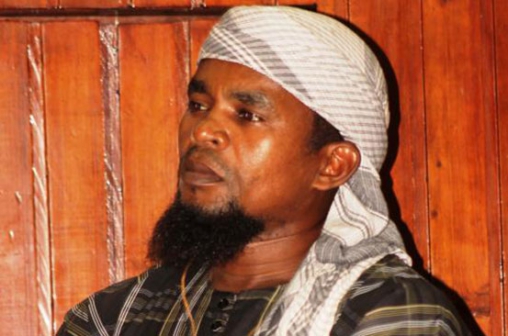×
The Standard e-Paper
Stay Informed, Even Offline

A radical Islamist has been sentenced to death for the murder of former Council of Imams and Preachers of Kenya (CIPK) chairman Sheikh Mohamed Idris.
The High Court in Mombasa, yesterday ruled that Mohamed Sudi Said, whom the police have also linked to seven other murders at the Coast, was an extremist with links to a radical mosque in Mombasa and among the group that evicted Idris from preaching there.